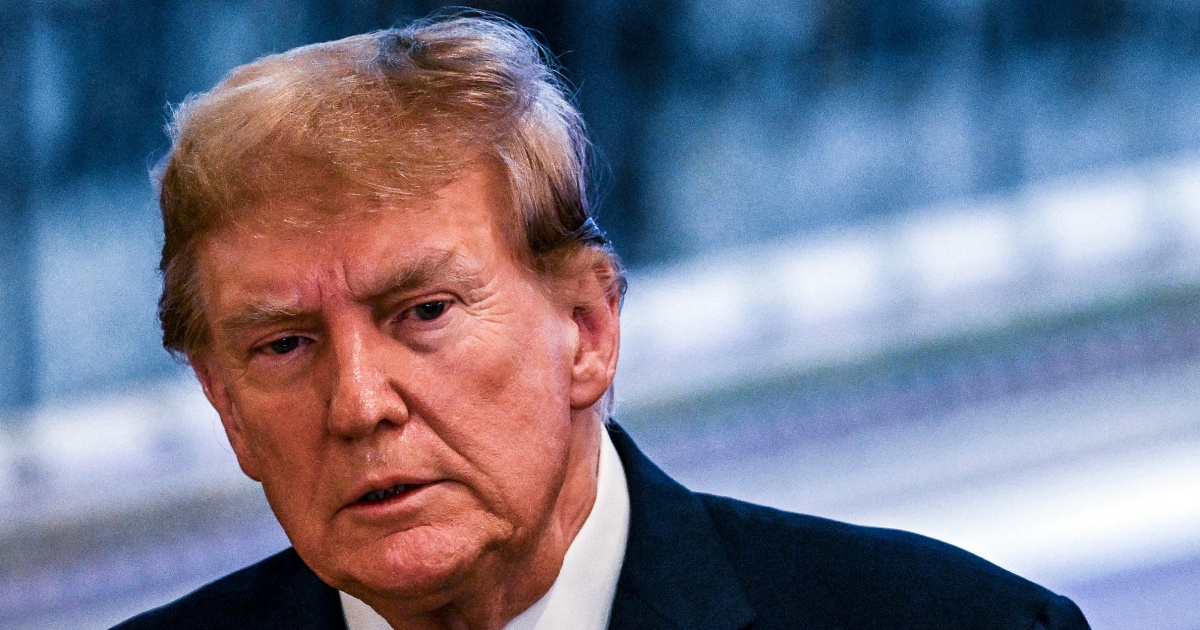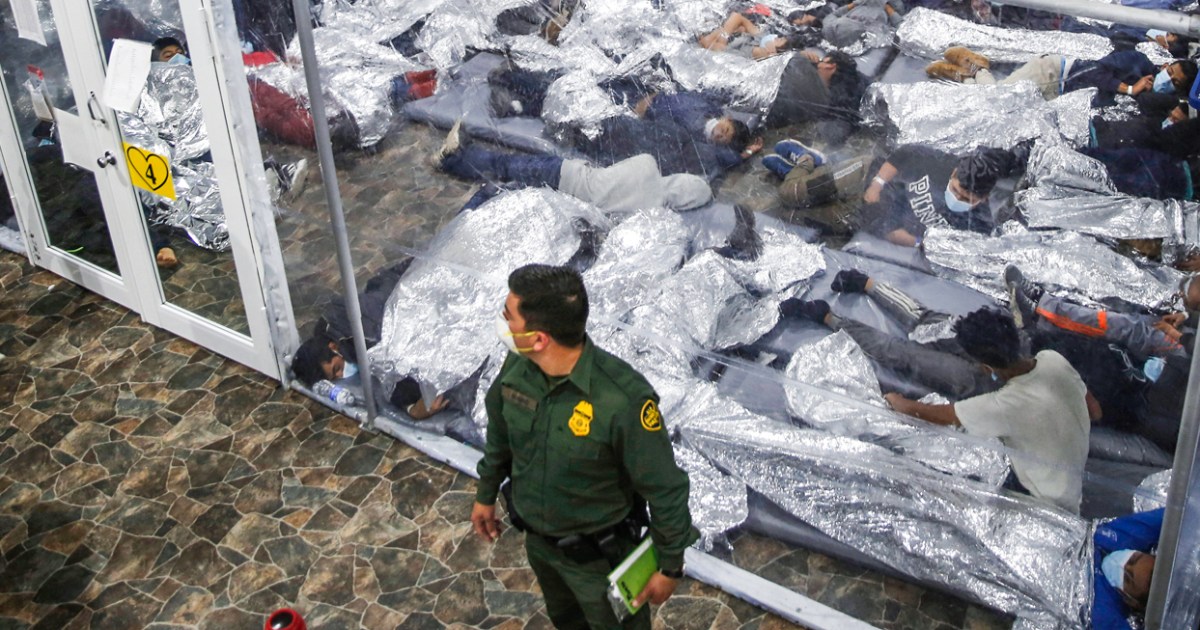The health crisis has shown the limits of an omnipotent state, governing by fear, under the tutelage of experts.
Forced to "reinvent itself", the state is going around in circles.
When the Prime Minister calls on the administration to “listen to the territories”, he remains in the controlling software of the managing State.
France will only find hope in a truly subsidiary society, built on trust.
The management of the health crisis has caused a lot of talk.
In an uncertain chaos, we have seen the gap widen between the trial and error of a centralized public authority and the perilous mobilization of citizens to assume the daily necessities and support the country.
By wanting to be an actor in all situations, the State has shown the limits of a power on the front line which receives the full force of everyone's concerns and sufferings.
Why, for example, have persisted in the logic of administrative medicine suspending the freedom of prescription of general practitioners, on the front line in the fight against Covid?
If the recessionary shock in France was the worst of all the G7 countries (-12.5% against -6.8% in the FRG or 5.7% in the United States), it is partly because of its governance, accuses the very official Council of Economic Analysis (CAE): "The mistrust between the actors, the uniform nature of economic measures, the culture of the standard ..."
To neutralize the right-wing opposition, the manipulation of the semantics of "territories".
To calm his left wing, rush in the heart of summer the adoption of a bioethical transgression law for which the French really do not see the urgency.
The perception of a State setting up a "guardian best of all worlds" settled, what Foucault called a biopolitics: squaring of the territory, isolation of individuals, tireless dissemination of a hygienist morality that attacks behavior .
The lack of clarity, the insincerity of the speech, the strategy of threat and permanent control, including speech, give the feeling that political power based its authority more on fear, as if it was afraid itself. even, as on the call to the responsibility of all in the service of the future of the whole nation.
The State no longer knows how to offer a morality of overcoming
Faced with an extremely serious economic crisis, but also a social crisis and a State itself trapped by its desire to be "efficient" as well as the time that is reduced, the Macron-Castex ministry is overplaying the map of "territories" by attempting the impossible: managing the administration by quantifying its results, deconcentrating the State services but without any transfer of skills or resources to local communities.
"By suppressing local revenues, the central state is re-establishing a form of supervision over local communities, whose resources will depend more and more on its sole decision," protests the AMF.
To neutralize the right-wing opposition, the manipulation of the semantics of "territories".
To calm its left wing, to rush in the heart of summer the adoption of a bioethical transgression law for which the French really do not see the urgency.
Above all, by setting the economic revival financed by debt and a loan under European control as a priority course, the government remains in the software of the managerial State incapable of freeing energy.
He no longer knows how to propose a moral dynamic of overcoming capable of transcending the egoisms maintained by a culture of assistance, limitless consumerism and moral relativism.
The state no longer knows how to offer a moral dynamic of overcoming capable of transcending the egoisms maintained by a culture of assistance, limitless consumerism and moral relativism.
While the most contradictory information continues to rain down on the reality of the epidemic, we must sustainably emerge from the spiral of mistrust.
Our challenge is to bring together the power of the collective and the liberation of the most legitimate individual aspirations in a common vision of man and of the society of which we are the heirs.
It is noteworthy to note that the countries which have been able to unite to control the peak of the pandemic are those which have appealed to their history, by assuming their sovereignty, by relying on families and on the commitment of actors. ground.
The way of the subsidiary society
The path we are proposing is that of a subsidiary society, based on the responsible freedom of civil society.
It alone will establish confidence by giving each citizen authority over the decisions that he is able to take in all his life settings, including the “territories” that should begin by defining as communities.
What should we understand by subsidiarity?
The meaning of the word is overused which is most often understood backwards, as in the context of European institutions.
By subsidiarity we mean the anthropological principle according to which the responsibility of each person and each group is exercised at the lowest level of competent authority, within the framework of a political community united by shared values and pursuing a common good.
By subsidiarity we mean the anthropological principle according to which the responsibility of each person and each group is exercised at the lowest level of competent authority.
It is therefore not a question of a delegation of power on the part of the authorities, more or less liberally granted, but of a chain of delegations resulting from the society below which transfers to the higher level the responsibility of questions that are beyond his capacity.
This subsidiary society is both liberating and protective.
It assumes that the State focuses on its sovereign missions and that intermediary bodies of all kinds (families, companies, associations, local communities, etc.) find their full freedom of initiative and responsibility, with the help (
subsidium
) and not the control of the administration.
And then when entire sections of society call for a collective life that is more respectful of the planet, a return to a less bureaucratic and centralized dimension of social organization, closer to local realities, this would contribute to this ecological awareness.
Yes, serious ecology which joins the most sincere popular aspirations is subsidiary insofar as it starts from the bottom, from the real, from the concrete, and from existence.
It is up to the intermediary bodies to regain control
Where to start?
The great reforms in France tend to be thought of from the top, which is probably the reason for their very relative success, when the mountains do not give birth to a mouse.
Or they are born in extreme violence, out of necessity.
It is therefore to the intermediary bodies that it would be advisable to reflect and propose the implementation of a progressive, responsible and united liberation of the actors of education and culture, the economy, health, local authorities ... provided that the intermediary bodies are not considered, as President Macron tends to do, as representatives of a particular category of French (unions, elected officials ...), or as administrative districts, but like the actors themselves in the work of the French.
As long as the State persists in wanting to keep control in order to "adapt the country to globalization", the great Macronian ambition, by persisting in a vision of top-down and not bottom-up subsidiarity, we will not move forward.
When the new Prime Minister, Jean Castex announces a “new social pact” by “opening consultations with the social partners”, we are still in the model of the descendant delegation, even if he affirms that “everything cannot be decide from Paris ”.
The future will tell if it is ready to provoke a territorial “big bang” other than as the local dilution of bureaucratic centralism, renamed “deconcentration”.
As long as the State persists in wanting to keep control in order to "adapt the country to globalization", the great Macronian ambition, by persisting in a vision of top-down and not bottom-up subsidiarity, we will not move forward.
A strong state, but limited
It is up to civil society and economic actors in particular to take the initiative to face the crisis and restore hope.
The think tanks must face the challenge of the “subsidiarization” of the nation.
The IEPM, for its part, will support the common reflection by working on the very practical variation of subsidiarity in the key sectors of the territories, health, education and culture, the economy.
Ecology itself, a transversal reality by definition, will only succeed as a dynamic of social transformation as the expression of a realistic and necessary implementation of the principle of subsidiarity, which will take it out of the logic of globalizing ideological moralism, perfectly sterile.
The subsidiarity of a free society that respects the dignity of individuals requires a strong state, but limited.
This empowerment of civil society supposes that the State frees itself from its desire for permanent control by regaining its full authority in its sovereign functions (justice, internal and external security, diplomacy, currency), by giving itself the necessary means. , up to its missions.
Subsidiarity is the opposite of dependency and assistance.
The authority is not there to replace itself, or even to delegate, but to ensure that each one can take his fair share in the construction of the common house.
The subsidiarity of a free society that respects the dignity of individuals requires a strong state, but limited.
Do not be afraid!
When Pope John Paul II apostrophied the peoples with his “Do not be afraid!”, He bore the experience of a man who had fought against policies stuck in their certainties.
For him, the real virtue of politics was hope: knowing how to say no to political determinism incapable of trusting.
The challenge today after the pandemic will be to assume our responsible freedom, both personal and collective.
The right to subsidiarity is inseparable from a virtuous democracy, founded on the freedom of individuals.
This right, it must be admitted, is anything but acquired.
An inscription of the principle of real "ascending" subsidiarity in the Constitution would be a strong sign.
The formula of the Estates General proposed by the essayist Édouard Tétreau could serve as a framework for the Copernican overthrow that France needs to rebuild political hope.
Signatories: Philippe de Saint-Germain (coordinator of the scientific council), General Frédéric Beth (geopolitics), Pierre de Lauzun (economy, finance), Jean-Noël Dumont (education), Julie Faure (culture), Christophe Billan (institutions), Bertrand Vergely (ethics), Adrian Pabst (politics), Stanislas de Larminat (ecology).









